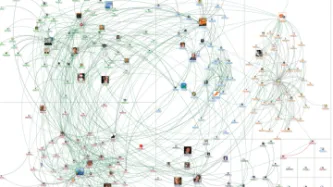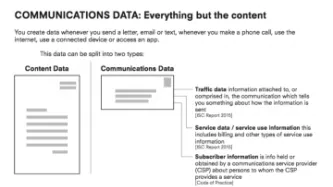Search
Content type: News & Analysis
Content type: News & Analysis
Content type: News & Analysis
Content type: News & Analysis
Content type: Press release
Content type: News & Analysis
Content type: News & Analysis
Content type: News & Analysis
Content type: Press release
Content type: Press release
Content type: News & Analysis
Content type: Press release
Content type: News & Analysis
Content type: News & Analysis
Content type: News & Analysis
Content type: Long Read
Content type: Press release
Content type: News & Analysis
Content type: Press release
Content type: Press release
Content type: Press release
Content type: Press release




















